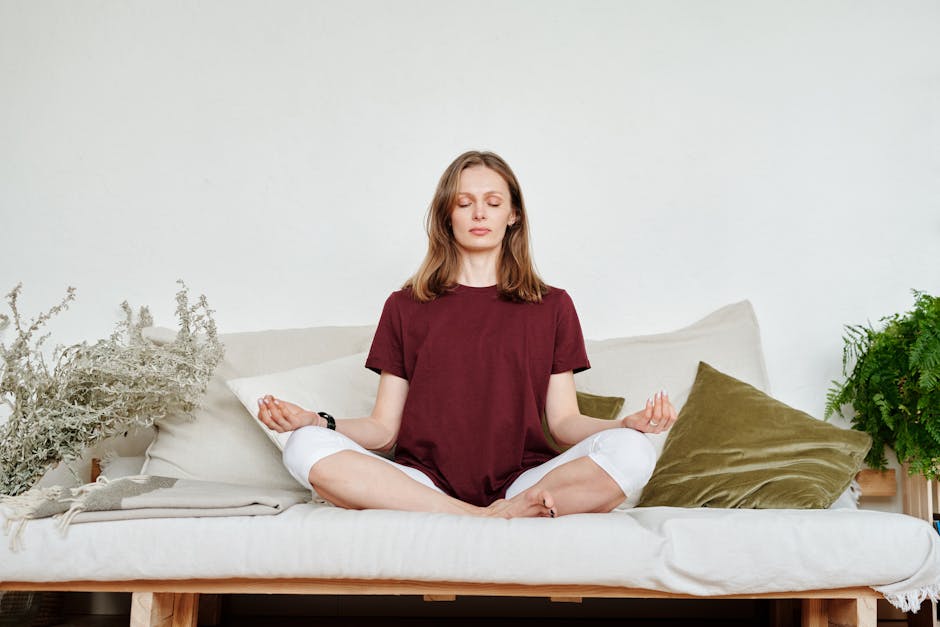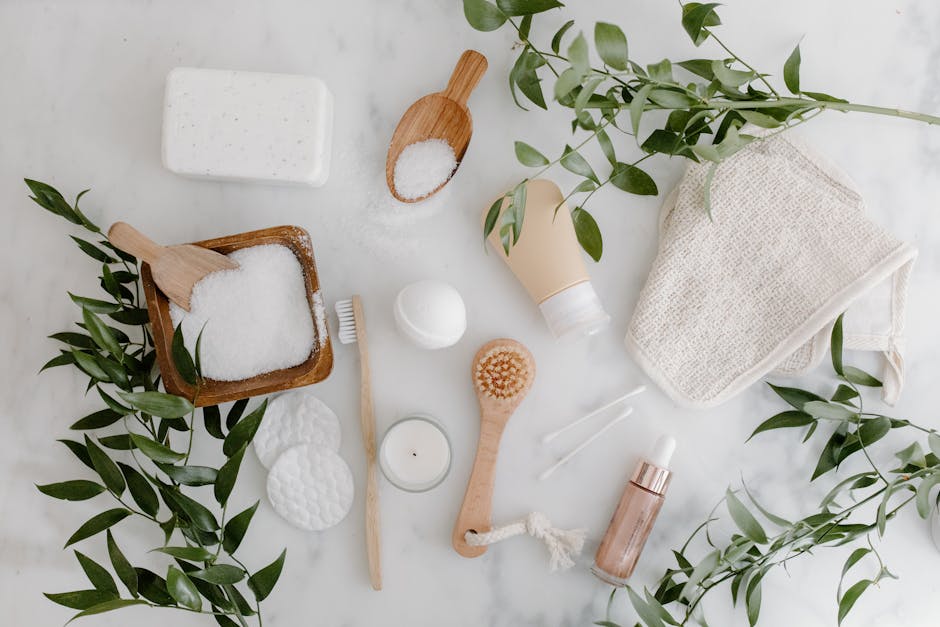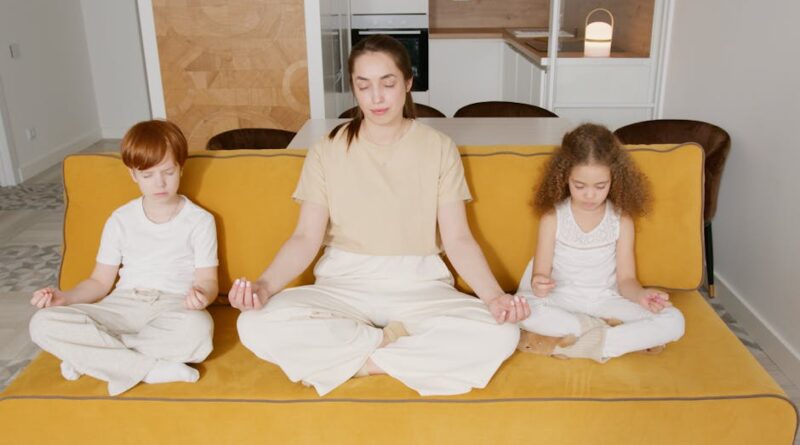Mindful Self-Care for Healthier Relationships
Are you struggling to connect with those you care about? You’re not alone. Many people face challenges in their relationships due to stress, misunderstandings, and lack of self-awareness. What if we told you that mindful self-care could be the key to healthier connections with others? This article explores how taking care of yourself can lead to better relationships, and it provides practical tips to get started.
What is Mindful Self-Care?

Mindful self-care means paying attention to your needs and feelings. it’s about being present and aware of what you require to be your best self. This includes emotional, physical, and mental health.
For example, if you feel anxious or overwhelmed, taking a moment to breathe deeply can help you center yourself. This simple act can create space for clearer thinking and better interactions with others.
Why is Self-Care Important for Relationships?

Self-care is not selfish; it’s essential. When you take care of yourself, you are better equipped to care for others. Heres why:
- Improved Mood: When you prioritize self-care, your mood improves. A happier you can make others feel good too.
- Less Stress: Managing your stress helps you respond to challenges calmly. This leads to fewer conflicts with loved ones.
- Stronger Boundaries: Knowing your limits allows you to communicate clearly, helping others understand your needs.
Research shows that practicing self-care can lead to better relationship satisfaction. The American Psychological Association highlights how self-care can reduce anxiety and depression, which often affect how we relate to others.
How Can You Practice Mindful Self-Care?

Here are some easy ways to incorporate mindful self-care into your daily routine:
1. Set Aside Time for Yourself
it’s crucial to carve out time just for you. This could be as simple as a quiet coffee break or a longer evening walk. Use this time to check in with yourself. Ask:
- How am I feeling today?
- What do I need right now?
By regularly checking in, you become more aware of your emotional needs.
2. Practice Mindfulness
Mindfulness means being present in the moment. It can help you manage stress and improve your relationships. Try these techniques:
- Deep Breathing: Inhale deeply, hold, and exhale slowly. Repeat for a few minutes.
- Meditation: Use guided meditations available on apps to help you start.
- Mindful Eating: Pay attention to the taste and texture of your food. This can ground you in the moment.
Mindful practices can help you respond thoughtfully rather than react impulsively, making conflicts easier to navigate.
3. Engage in Physical Activity
Physical activity is a fantastic way to boost your mood and reduce stress. Here are some simple ways to move your body:
- Take a Walk: Enjoy nature and clear your mind.
- Join a Class: Try yoga or dance to connect with others while staying active.
- Do Simple Exercises at Home: Even a short workout can lift your spirits.
Exercise releases endorphins, which can improve your mood and help you interact more positively with others.
How Does Self-Care Impact Your Relationships?

When you take care of yourself, youll notice that your relationships improve. Heres how:
- Better Communication: With a clearer mind, you can express your thoughts and feelings better.
- Increased Empathy: When you understand your emotions, you can better recognize the feelings of others.
- Greater Patience: Self-care can lead to a calmer demeanor, making it easier to handle tough conversations.
For instance, if youve had a good day where you practiced self-care, you’re likely to be more patient when your partner talks about their struggles, rather than feeling overwhelmed.
What Are Common Misconceptions About Self-Care?
Many people think self-care is just about bubble baths and spa days. While those can be nice, self-care is much deeper. Here are some misconceptions:
- Self-Care is Selfish: Taking care of yourself allows you to support others better.
- It Requires Time and Money: Self-care can be simple and freelike taking a moment to breathe or stepping outside.
- You Only Need It When Things Go Wrong: Regular self-care prevents stress before it builds up.
Understanding what self-care truly means can change how you approach your well-being and your relationships.
How Can You Encourage Self-Care in Others?
Encouraging others to practice self-care can strengthen your relationships. Here are some tips:
- Share Your Experiences: Talk about how self-care helps you and suggest activities you can do together.
- Offer Support: If a friend seems stressed, ask if they need to talk or if theyd like to take a walk with you.
- Create a Self-Care Challenge: Make it fun! Share self-care activities and support each other.
Helping others engage in self-care can create a positive ripple effect, benefiting everyone in the relationship.
What Should You Do Next?
Start integrating mindful self-care into your life today. Here are some actionable takeaways:
- Schedule at least 10 minutes of me time each day.
- Try one new mindfulness technique this week.
- Discuss self-care with a friend and create a plan together.
Remember, the journey to healthier relationships starts with you. By prioritizing your well-being, youll build stronger, more meaningful connections with those around you.
Final Thoughts
Mindful self-care is a powerful tool for enhancing your relationships. By nurturing yourself, you can better support and connect with others. don’t underestimate the impact of simple self-care practices. They can transform not just your life, but the lives of those you love.
For more insights on self-care, check out the American Psychological Associations resources on the importance of self-care and mental health. Remember, taking care of yourself is the first step toward taking care of those you care about.

